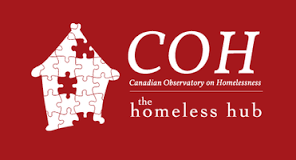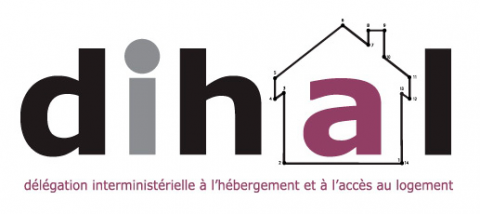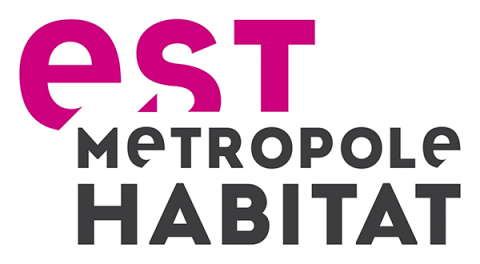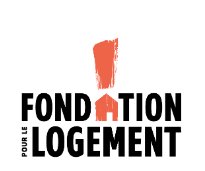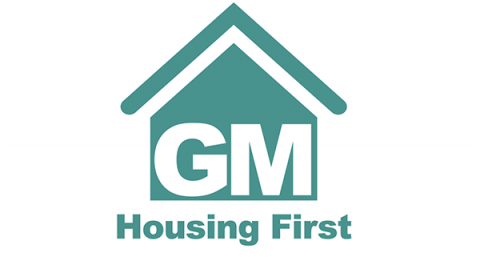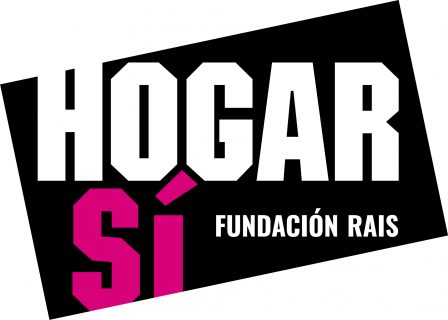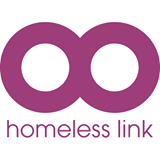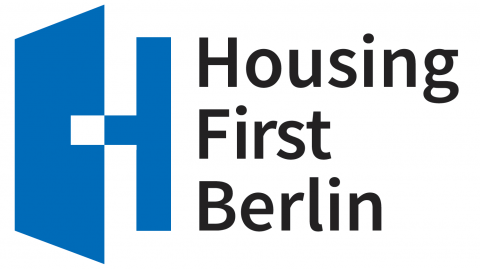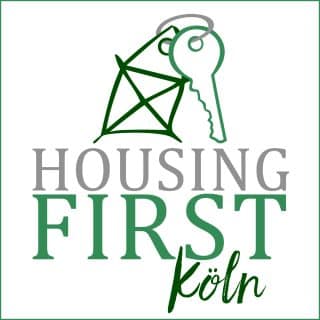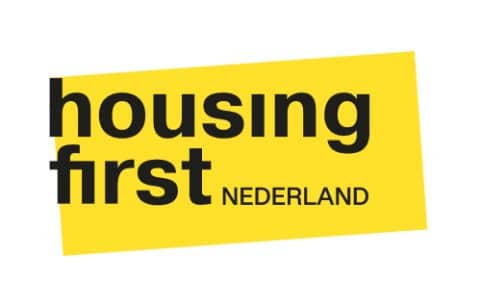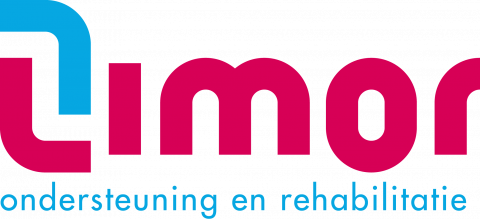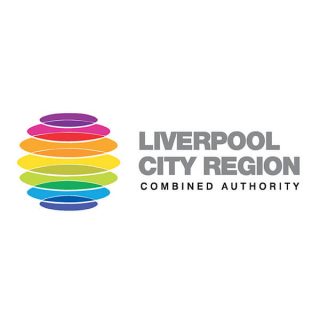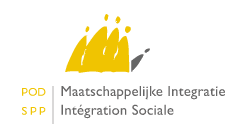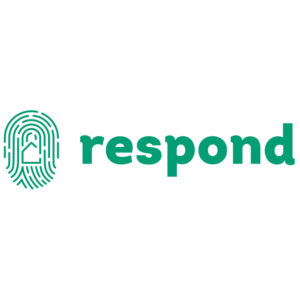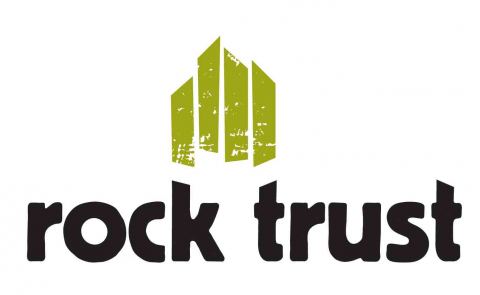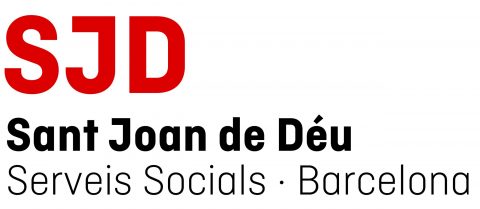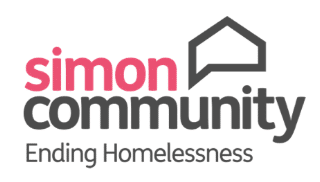- Jun 04 2025
The Housing First Europe Hub
The Housing First Europe Hub was established in 2016 by the Y-Foundation (Finland) and FEANTSA (the European Federation of National Organisations Working with Homeless People) along with more than 15 partners. Since then, the Hub has grown to include more than 45 organisations, cities, government ministries, housing providers and researchers from across Europe and beyond.
We work in partnership with our core and associate partners to promote Housing First as the first and central response to homelessness. The Hub’s mission is to end and prevent homelessness through a mindshift, leading to a systems’ change across Europe, based on Housing First through advocacy, training, practice, research, support and communication activities.
Housing First & System Change
Housing First is more than just an approach to help people experiencing homelessness, it is the key to unlocking broader systems’ change to prevent and end homelessness across Europe. Find out more about on the Knowledge & Capacity page and explore our latest Resources & Activities.
Get involved!
Ending homelessness is totally achievable if we grasp this opportunity to do things differently. People experiencing homelessness deserve nothing less.
We particularly encourage you to read our latest publications on these topics above, which offer practical and pragmatic guides to help you navigate your Housing First and Systems Change journey, no matter where you are starting from.
To know how to join the Housing First Europe Hub as a partner or associate member
Latest
REPORT: How Much Would It Cost to Provide Housing First to All Households Staying in Homeless Shelters? (U.S.)
Housing First is a proven evidence-based approach to addressing homelessness. However, programs operating under the Housing First model do not receive the necessary funding to meet the needs of…
Check it out herePublication
Spotlight on Housing First in Croatia: Reflections from Pula
A Housing First conference took place in Pula, Croatia on April 15th, hosted by Udruga AjA. The event gathered practitioners, policymakers, and advocates from across Croatia and other places…
Check it out hereBlog
Let’s Start With A Home! – A Podcast on Housing First
Let’s Start with a Home is a podcast dedicated to advancing the conversation on Housing First—bringing together experts, policymakers, service providers, and individuals with lived experience to discuss how…
Check it out hereBlog
Events and webinars
- May 20 2025
- Jun 04 2025
- May 13 2025
The Housing First Europe Hub at the FEANTSA Forum!
Event time ( 14.00 – 18.00 EEST )
- Apr 28 2025
- Apr 01 2025
- Mar 17 2025
WEBINAR: Psychological Counselling in Housing First for Women
Event time ( 11.00 – 00.00 CET )
Register here

